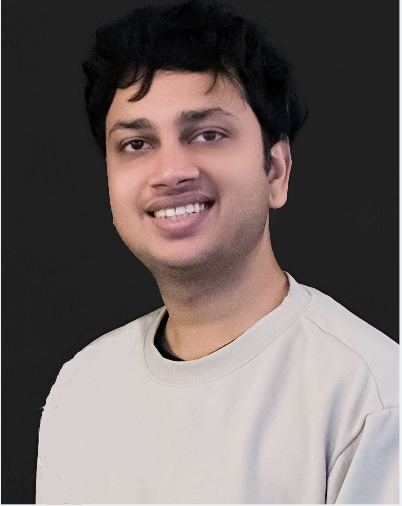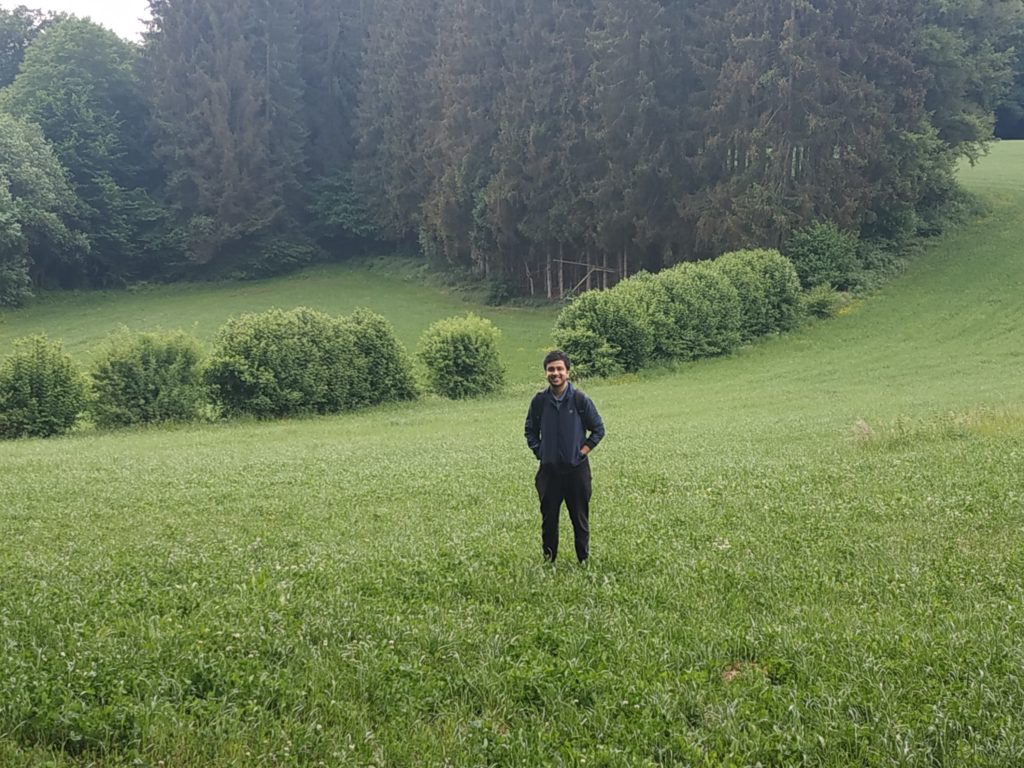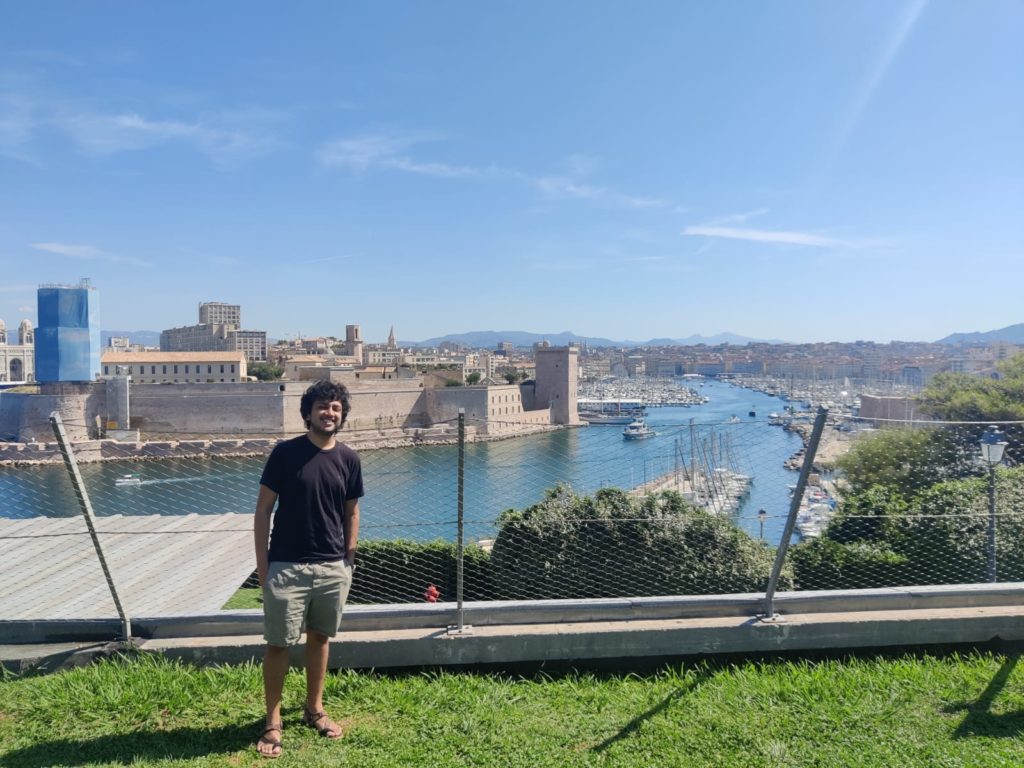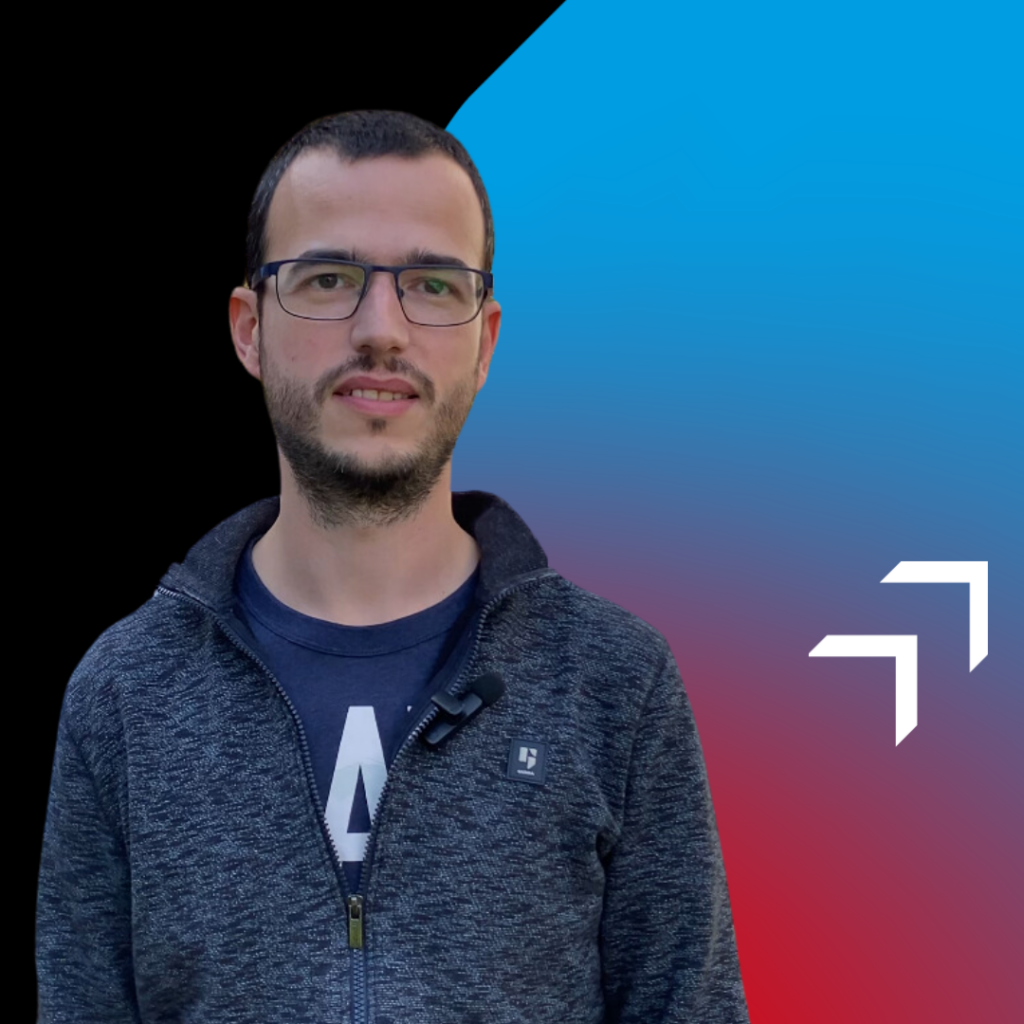In conversation with our young researchers: Karan Singhal
03 March 2023

Underrepresented minorities in Economics
As the share of women in academia in Economics is low and has remained constant for many decades, we need to determine the factors that underlie the processes of field specialization among underrepresented monitories (URM) that have pursued a PhD in Economics.
How to understand the lack of diversity in the academic field of Economics? How can we better comprehend the underrepresentation of minorities, and more especially women, in this discipline?
Karan Singhal is a visiting researcher at the Luxembourg Institute of Socio-economic Research (LISER), working on understanding the presence of women and other underrepresented minorities in economics academia. As a PhD student, he is affiliated to the University of Luxembourg, in the Economics department.
Economics & Public Policy
As of the date of this article, Karan Singhal is a newcomer in Luxembourg, arriving from India where he worked for almost six years in Economics. Karan started with undergraduate degree in Economics from Symbiosis School of Economics in Pune (Western India), then received his master’s degree in Economics from the Centre for Development Studies in Trivandrum (Southern India), one of India’s leading research centres and affiliated with the Jawaharlal Nehru University New Delhi.
Karan arrived in Luxembourg in April 2022 as student and visiting researcher at LISER, where he has also been a research assistant from November to December 2022 at the Centre for Competence in Data Science and Simulation at LISER.
Over the years, Karan has dabbled in a lot of research topics and areas in Economics and Public Policy – education, labour, urban governance, gender, early childhood, policy evaluation and several other areas. Currently, he is working on understanding the presence of women and other underrepresented minorities in economics academia.
URM women in Economics
As the share of women in academia in Economics is low and has remained constant for many decades, the position of URM scholars (especially URM women) is even more severe. The situation has been complicated by an uneven distribution of women within the fields of Economics.
The dissertation aims to investigate the lack of diversity in economic fields focusing on the decision-making process of women and men and underrepresented minority (URM) scholars in graduate school. It will study the mechanisms of the decision-making process of PhD students to extend the understanding of factors that drive choices in highly specialized fields and their intersection with gender. It will also try to examine the impact of “supply” factors on field choices by modelling the availability of research grants, relative wages and probability of academic employment.

An adequate representation of URM scholars in different sub-disciplines is essential for having a thriving field, given the influence of the subject in government, finance, and among policymakers. Improving diversity would also lead to new ideas and more robust research outputs.
Karan Singhal
Under the supervision of Dr Eva Sierminska, his aim is more precisely to determine the factors that underlie the processes of field specialization among underrepresented monitories (URM) and women that have pursued a PhD in Economics.
‘Research for action’
Keeping in mind that “working in research is a marathon, not a sprint”, Karan has always been seeking for his research work to have impact by reaching policymakers and implementers. From working in research institutions in India, collaborating with the governments and organisations in partnership with them, to his current position, Karan Singhal has his heart set on pursuing research activities answering challenges our society is facing.
Over the last 6 years, while working at at the Indian Institute of Management Ahmedabad, he has led a large-scale evaluation of a national educational policy, and led research teams on topics of rural livelihood, education, early childhood, and urban governance in partnership with UNICEF, Omidyar Network, Bill and Melinda Gates Foundation and other funders.
We saw our contributions not just as something epistemic that leaves a trail for other researchers (which is extremely valuable in and of itself) but also tried to engage more with the communities we wrote about. We were not always successful in being able to translate our research into action but engaging with participants more meaningfully made the process more fruitful.
Karan Singhal

At this time, under the direction of one of his mentors, Prof. Ankur Sarin, he worked to provide support to parents from low-income households to access an education policy based on their documented complaints and experiences, thereby enriching his research. Karan was also engaged in relief work for food and education materials for disadvantaged households, enabling to augment civil society initiatives based on insights from need-based assessments and rapid surveys during COVID-19 induced lockdowns.
More recently, Karan has led a survey of over 10,000 respondents across more than ten states (provinces) in India and has worked on understanding (and building) the capacity of city councilors to work on child-related issues in their wards.
An inherently interdisciplinary environment
Moving to another country for studies for the first time, Karan Singhal chose Luxembourg thanks to the work of his supervisor, Dr. Eva Sierminska.

The institutions are extremely well equipped with all the necessary physical infrastructure, materials, and other resources required to conduct research.
Karan Singhal
In Luxembourg, he discovered an interdisciplinary environment in essence: within LISER itself, between the different departments and also, between the different institutions of the Research Luxembourg ecosystem, more especially with the University of Luxembourg. Moreover, the close links between the institutions facilitate the proximity to stellar researchers and academics.
I work with Dr. Eva Sierminska (LISER). I have also assisted Prof. Skerdilajda Zanaj in her ongoing research.
Karan Singhal
Included from the get-go
Karan arrived in Luxembourg in April, “at the cusp of the country gearing up for many events and festivities planned in the summer months so it was easy to fall in love with. The city is quaint and extremely welcoming, and the multicultural environment means it is not too difficult to feel included from the get-go.”
Besides, despite some logistical challenges, the moving process was laid out and many people were willing to help, enabling Karan to get all the visa and administrative processes completed and settled in within a few months.
There are so many things to like – the people, the research environment, its location within Europe (it’s so convenient to travel around), the food options at the university restaurants, and of course, free transport!
Karan Singhal











